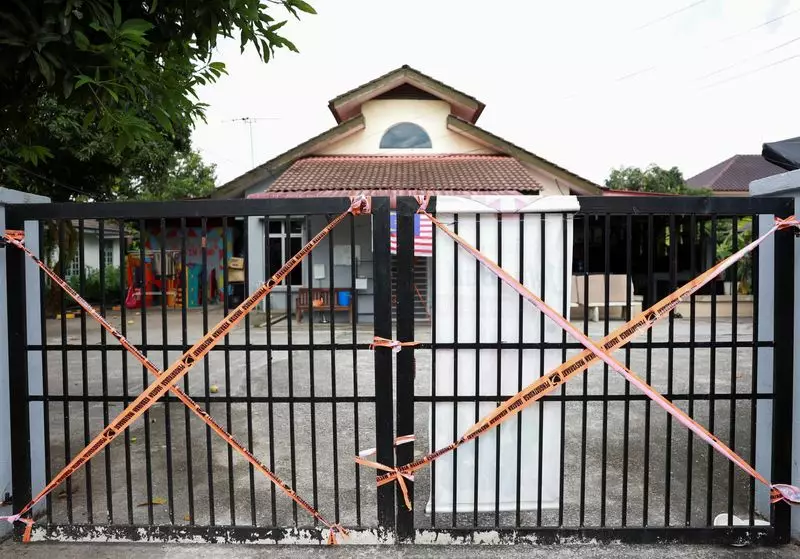Global Ikhwan Services and Business Holdings (GISB), a Malaysian conglomerate, projects itself as a beacon promoting the Islamic way of life. However, recent events have cast a long shadow over this assertion, as allegations of serious misconduct at charity homes purportedly operated by GISB have erupted into a national scandal. The Malaysian authorities are currently investigating claims of sexual abuse, which have forced GISB’s connections to a controversial religious sect, Al-Arqam, back into the public eye. This article explores the intricate relationship between GISB, its controversial past, and the ongoing investigations that may redefine the future of the organization.
GISB openly acknowledges its historical ties to the Al-Arqam sect, which was outlawed by the Malaysian government three decades ago due to its deviations from conventional Islamic teachings. The sect, founded by Ashaari Muhammad, gained traction among many followers before being deemed heretical in the 1990s. Despite these associations, GISB has attempted to distance itself from the sect’s more radical beliefs and practices. The organization claims it does not run the charity homes in question and vehemently denies the allegations of abuse. However, the legitimacy of these denials is heavily undermined by the fact that a senior executive admitted in a social media video that the organization had violated “one or two” laws and there had been incidents of sodomy at these homes.
The Resurgence of Allegations
This week, police raided multiple charity homes operated by GISB, following renewed calls from Islamic leaders for investigations into the firm’s activities. Abu Hafiz Salleh Hudin, a respected Islamic scholar, noted that concerns regarding worker exploitation and deviant teachings linked to GISB had been voiced over the past decade. Allegations from former members point to a systemic culture of fear and compliance, exacerbated by the sect’s strict adherence to controversial tenets. The recent police operation, which rescued hundreds of children and youths, revealed alarming signs of abuse and emotional trauma, with reports indicating that many of the victims are children of GISB members.
The Alarming Findings
The findings from the raids are deeply unsettling. Many youths brought to safety have shown visible signs of neglect and abuse, while police have indicated that at least 13 individuals were victims of sodomy. The situation demands urgent attention not only because of the physical violations but also due to the emotional ramifications these events will have over the long term. Such indicators raise significant questions about the operational ethics within GISB and prompt widespread public concern about their charity homes’ legitimacy.
Community Response and Reaction
Local communities, particularly in areas where GISB operates, have voiced their shock regarding the allegations surfacing from the police investigations. The imam of a local Muslim prayer hall expressed grave concern, highlighting the worrying implications of the claims and urging a thorough examination of the situation. The scandal threatens to undermine public trust in religious organizations in Malaysia, particularly those linked to controversial pasts.
Future Implications and Investigations
The Malaysian government is now confronted with not just the need for a probe into GISB’s conduct but also the broader implications on religious institutions affiliated with them. The police are expanding their investigations to include financial misconduct allegations, such as money laundering, further complicating GISB’s already tarnished reputation. Malaysia’s Islamic Development Department plans to deliver a report outlining the sect’s deviant teachings to the cabinet, underlining the urgency of addressing these issues at the highest level of governance.
The unfolding saga of GISB serves as a pivotal instance of the intersections between faith-based organizations and the moral responsibilities they carry. The shocking allegations of abuse within charity homes linked to GISB not only revive contentious historical narratives surrounding Al-Arqam but also pose essential questions about governance, accountability, and the ethical conduct expected from such organizations. As investigations continue, the implications of these revelations may culturally and socially resonate long past their immediate fallout. The communities involved, along with Malaysian society at large, must navigate this tumultuous landscape with a discerning lens, balancing faith with the pressing need for ethical integrity.

